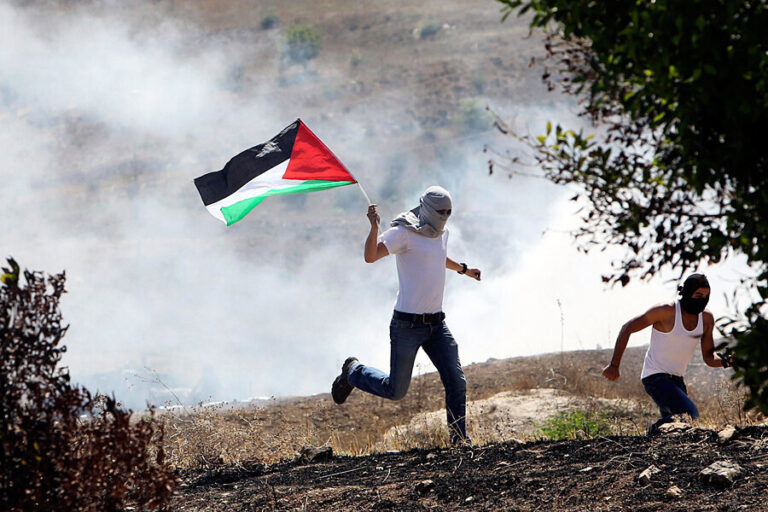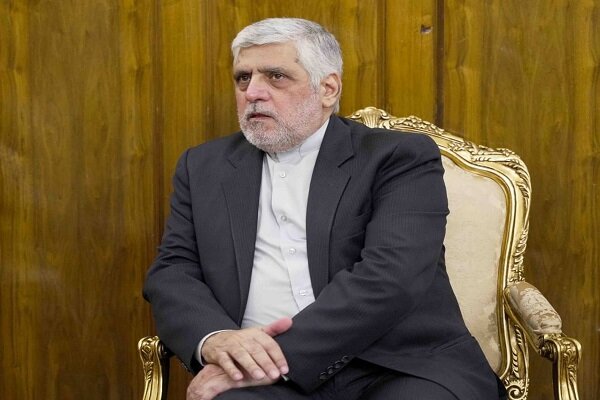Shocking Revelation: Israeli General Exposes Controversy, Leaving Bibi Speechless!
In the ongoing conflict in Gaza, Israeli Prime Minister Benjamin Netanyahu’s efforts to eliminate Hamas have faced significant setbacks, raising questions about Israel’s military strategy. Despite extensive military operations, senior Israeli officials have acknowledged the army’s inability to subdue Hamas effectively.
One of the most vocal critics of Israel’s approach is former Israeli army general Giora Eiland. In a candid analysis published on the Israeli news platform Ynet, Eiland stated, “Israel has failed in three-and-a-half out of the four goals of the war.” He elaborated on this by specifying:
- Failure to Dismantle Hamas’ Military Power: The Israeli military has not succeeded in destroying Hamas’ military capabilities.
- Inability to Overthrow Hamas’ Rule: Hamas continues to govern Gaza without significant challenges.
- Challenges in Ensuring Resident Safety: Israeli officials have not managed to facilitate the safe return of residents to their homes.
- Partial Success in Hostage Situations: Regarding the return of abductees, there have been some achievements, but they remain incomplete.
Eiland’s critique is significant, particularly given his background as the creator of the controversial “Generals’ Plan,” also known as the Eiland Plan, which he presented to Netanyahu in September of the previous year. This plan proposed drastic measures, including:
- Expulsion of Palestinians: The plan advocated for the forced expulsion of Palestinians from northern Gaza.
- Targeting Remaining Residents: Eiland suggested that those who remained should be classified as “legitimate military targets.”
- Surrender-or-Starve Strategy: He proposed a military strategy that would include starving the enemy while providing civilian corridors for exit.
In his statement to Haaretz, Eiland explained, “It’s permissible and even recommended to starve an enemy to death, provided you’ve allowed the civilians corridors of exits beforehand.” His ideas have drawn criticism for their harshness, particularly the concept of ethnic cleansing in northern Gaza.
Despite extensive military actions, which have reportedly resulted in the deaths of nearly 62,000 Palestinians over a span of more than 15 months, the Israeli army has struggled to diminish Palestinian resistance. The conflict has left much of Gaza in ruins, yet Hamas remains resilient.
In a significant turn of events, a three-phase ceasefire agreement between Israel and Hamas came into effect on January 19. This ceasefire has allowed for some exchange of hostages, with Hamas releasing 21 captives in return for the liberation of hundreds of Palestinians imprisoned in Israeli jails.
During these exchanges, Hamas showcased its military capabilities, leading to feelings of humiliation among Israeli leadership and further complicating Netanyahu’s position. In light of the setbacks faced by the Israeli military, Netanyahu has resorted to threats of resuming military operations. This tactic seems aimed at diverting attention from growing domestic criticisms regarding the army’s performance.
In conclusion, the ongoing conflict in Gaza continues to present challenges for Israel’s leadership. With the acknowledgment from Israeli officials about the failures in military strategy against Hamas, it raises critical questions about the future course of action and the potential for a lasting resolution to the conflict.






